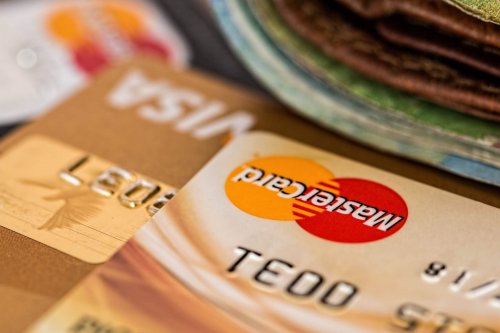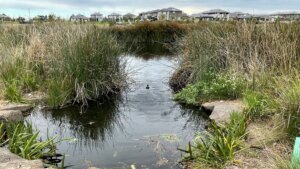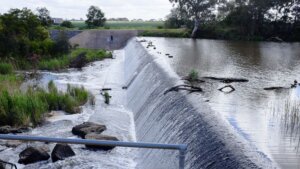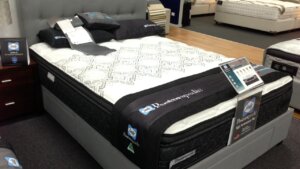Singaporeans are notorious for being ‘gancheong’. But opening an Australian bank account before you arrive in Australia is one aspect that is important if you want your initial days to run more smoothly. This is definitely possible as Australian banks do offer the option of opening a bank account as a non-resident.
Why does having an Australian bank account makes it easier?
There are a few reasons.
- One item crossed off your list: There are 101 things to do in your initial days. It’s almost a mad rush in the first week or 2, where you have to sort out accommodation, car, home phone & internet connections, driving licences, and so on.
- Better exchange rate: Having the account opened months before your move to Australia means you will ample time to monitor forex rates and transfer/deposit funds into the account at favourable exchange rates.
- Ease of cashless payments: Rather than fumble with cash, travellers cheques or even incur overseas transaction fees and poor exchange rates when using your Singapore credit/debit card to make payments for purchases, you can use your Australia bank card for transactions almost immediately upon landing.
- Stronger financial evidence: This matters when you are applying for a rental property and have keen competition or the landlord/property manager wish to establish that you are able to afford the rent if you do not already have a job or rental history in Australia. Being able to show them a recent Australia bank statement evidencing funds helps to secure a rental property.
Australian Banks
There are a number of banks in Australia.
Big 4 Banks:
The 4 main banks, commonly known as Big 4 Banks, are:
Australian and New Zealand Banking Group Limited (ANZ)
Commonwealth Bank of Australia (CBA)
National Australia Bank (NAB)
Westpac Banking Corporation
International Banks:
Australia has several foreign subsidiary banks and branches of foreign banks. Some examples are:
Citibank
HSBC Bank
Online Banks:
ING
ME Bank
UBank
Others:
Other options include credit unions and building societies.
Identification Check
Since there isn’t a national ID system in Ausdtralia, you will be required to do a 100-point identification check when opening bank accounts.
The 100 point check is a personal identification system adopted by the Australian Government, used by Australian banks and other organisations to confirm the identity of an individual.
Various pieces of ID can be used to chalk up these 100 points. Some are worth more points (eg. passport and Australian drivers licence) while others are worth less points (eg. utility bill with your Australian address). Your bank will provide a list of required documents to achieve these 100 points.
Until the identification check is completed in person at an Australian branch and other criteria/conditions are met, you may only be able to deposit funds into the account you have opened, and not make any withdrawals.
When performing the ID check, remember to inform the bank of your TFN and new address at the same time to save you some time and hassle. If this is not possible, you can also do this at a later date over the phone, secured internet banking mailbox or in person at a branch.
Common Misconceptions
- International banks in Australia aren’t really the same. Having a Citibank account in Singapore doesn’t equate to having a Citibank account in Australia. You will have to open another bank account. The exchange rates offered for transferring funds between their accounts are also not the best rates.
- Australian banks aren’t really global banks on the same level as the banks in Singapore and Switzerland. They are not used to dealing with different types of customers or those with more sophisticated banking needs. Having said that, the service offered over the counter or phone is good. They staff are usually very polite and patient.
Disclaimer: Links to various banks and financial institutions on this website are just for information purposes. ‘Life in Melbourne’ has no affiliations with any of these banks and financial institutions. We do not expressly recommend that you open bank accounts with any of these banks or financial institutions, and suggest that you perform your own research and due diligence.










